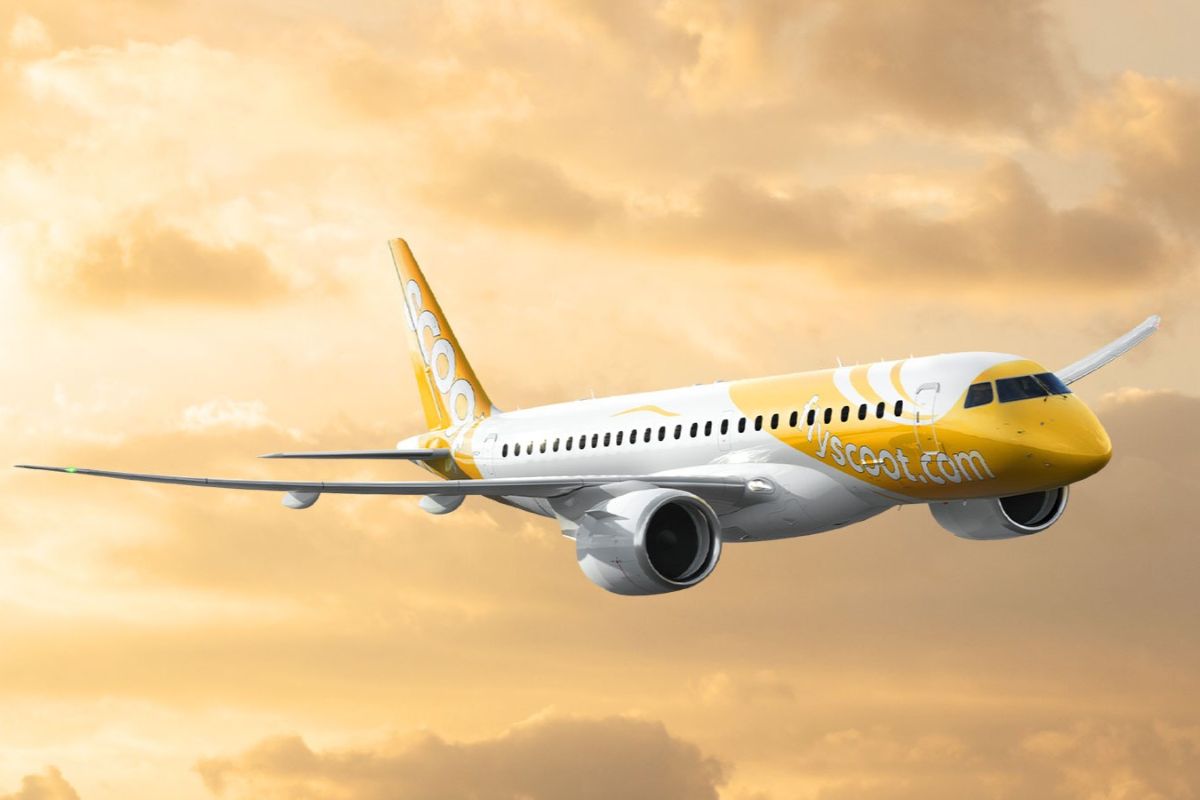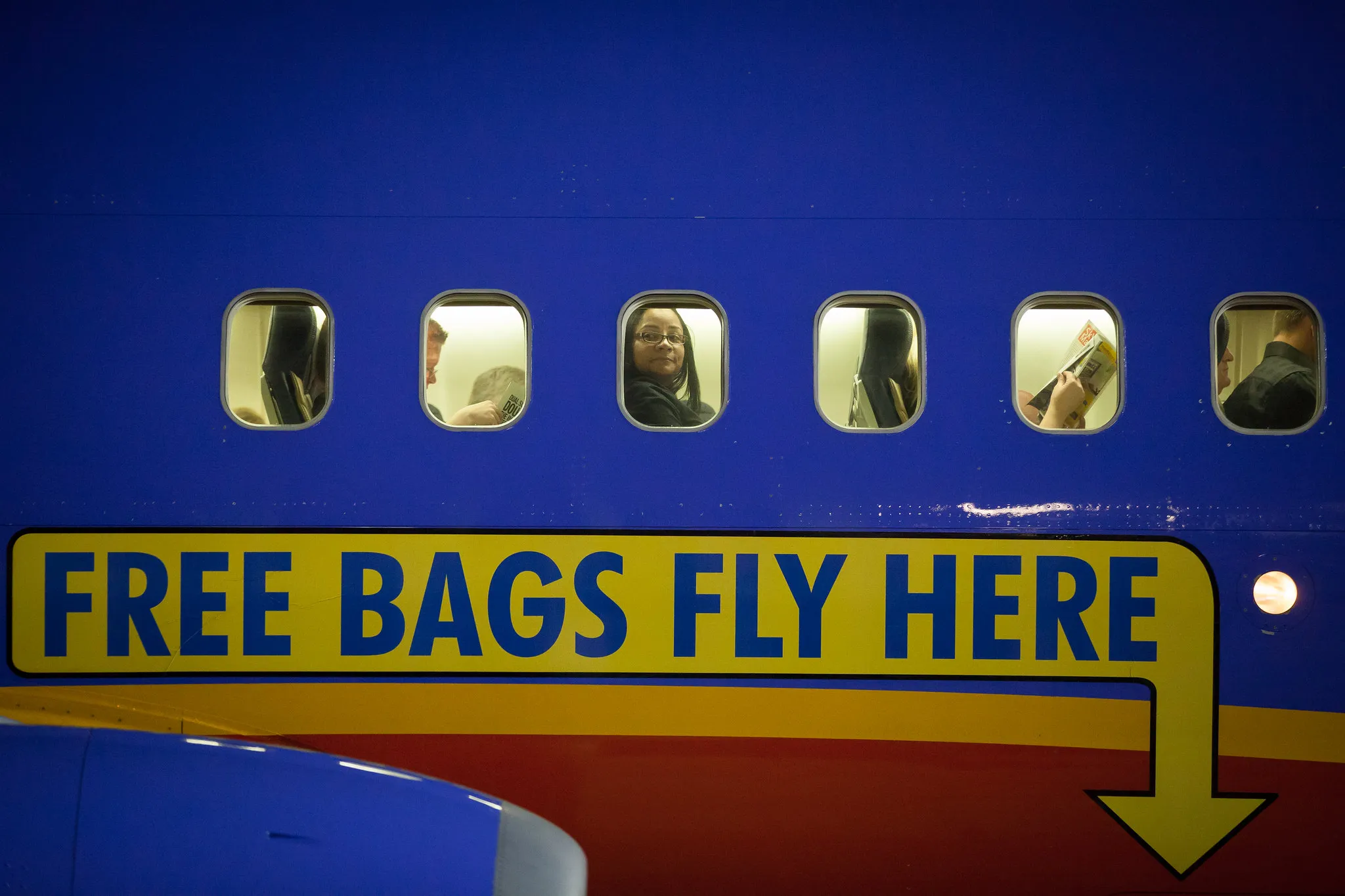Vacasa and Sonder Face Challenges as They Get Ready to Join Airbnb as Public Companies
Skift Take
Property manager Vacasa and hybrid short-term rental and hotel operator Sonder both have a lot to prove as they ready to go public through mergers with special purpose acquisition companies in 2021.
To be sure, both companies have lots of upside potential but they will have to show critics that their business model challenges will not be too daunting. Of course, business models can often get revamped as circumstances demand.
The bigger of the two public market debuts — and the timing is uncertain although both aim for 2021 — would be for Vacasa, which would have a $4.5 billion enterprise value, while Sonder hopes to go public at a $2.2 billion market cap.
Both of these market values would be humble in the context of Airbnb's $96 billion valuation, but Fort Walton Beach, Florida, where Vacasa managed about 36 percent of the listings on Airbnb as of June 2020, and Chicago, Dallas and Detroit, where urban-oriented Sonder operates accommodations, weren't built in a day.
Both companies pitch themselves as tech companies. Vacasa is trying to create a full stack of technology solutions to unlock new supply while Sonder argues that its technology can cut in half hotel operating costs.
Andrew McConnell, the CEO of revenue management provider Rented, sees the potential public market debuts of Vacasa and Sonder as very positive for the short-term rental industry in helping to professionalize it and create more awareness, but he's skeptical about both companies' technology boasts.
"As much as managers like Vacasa and Sonder might try to pitch themselves as technology companies, they are ops-heavy businesses, and this is going to show in either slower growth than a tech company and/or more problems if and when they scale too quickly," McConnell said.
Others see Vacasa's $4.5 billion valuation as reasonable although they view Vacasa's relatively low supply numbers as a challenge. The company, which estimates its 2021 revenue will be around $757 million, said it controls less than 1 percent of the U.S. vacation rental market. With properties throughout North America, Belize and Costa Rica, Vacasa forecasted a 31 percent compound annual growth rate from 2021 to 2023.
Vacasa has exclusive rights and controls the rental calendars for only around 30,000 properties. When you have a paucity of supply, you can always turn that around and argue that there is ample room for growth. In Vacasa's case, there are many more second homes than vacation rentals, and the former can always be converted to the latter under the right circumstances.
Sonder could become a direct competitor to Airbnb and hotels, although it is currently a tiny company by comparison. Both Sonder and Vacasa are somewhat dependent on Airbnb for distribution, and that's never an ideal situation.
Both Sonder and Vacasa are trying to build brands, and that's tough to do when consumers are used to finding their respective properties on Google or Airbnb. Having the marketing war chests sufficient to building consumer awareness will be immense challenges for both Sonder and Vacasa.
"It is more of a professionally managed experience versus Airbnb, yet more unique setting I’d say than a hotel," said Dan Wasiolek, senior equity analyst at Morningstar, referring to Sonder. "One hurdle to scaling is it seems more capital intensive to lease and manage buildings that are licensed as hotels versus Airbnb that is asset light and has individual hosts."
One Sonder critic said Sonder's arbitrage business model in signing master leases and then operating properties as short-term rentals or hotels can be highly risky. While the practice of financing a building and holding onto the units as their values appreciate might seem like a smart move when the market conditions are right but as was seen early in the pandemic, it can lead to colossal risk and business failures.
Like Vacasa, Sonder could evolve from an accommodations' rental operation to a real estate play with the travel revenue financing the real estate deals, the critic said.
Sonder's losses widened by $8 million in the second quarter of 2021 compared to the first three months of the year, although it notched record revenue of $47.3 million.
An investor said Sonder's business model eliminates hotel owners' management and operational burdens and erases the need for 12-24 month lease-ups for property developers. The consumer value proposition, if Sonder executes well on its mission, makes for a consistent and professional guest experience, and the technology in the back end could lower costs and deliver rentals to consumers at reasonable prices.
Both Vacasa and Sonder "will pitch themselves as the 'clear winner' in their respective categories," said McConnell of Rented. "While they are in the lead now, it is also clear how quickly these kinds of businesses can be stood up, and how easy it is for inventory (properties/owners) to switch between companies. Watch retention more than unit count growth."
Correction: The original story mistakenly included a reference to Vacasa as akin to a timeshare. We deleted that reference.





